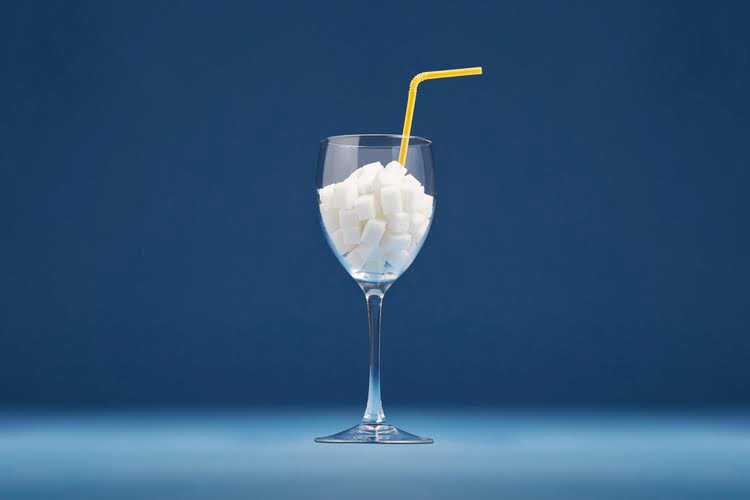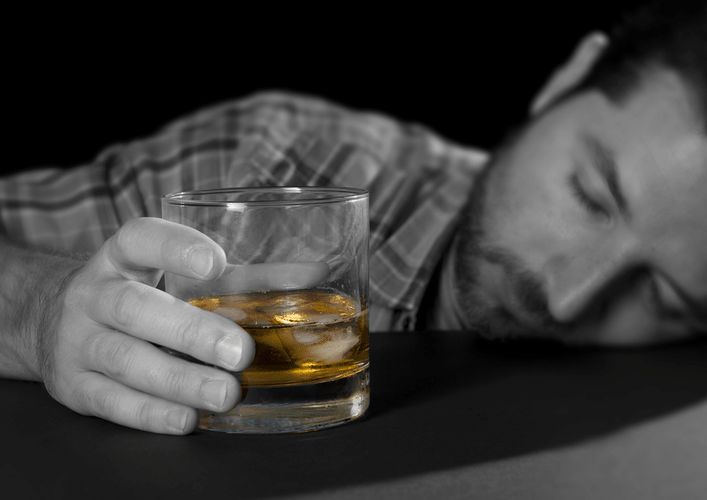What brings us together is a passionate commitment to improving the lives of people with substance use problems through science and science-based treatments, with empirical evidence as the guiding principle. Critics question the existence of compulsivity in addiction altogether [5,6,7, 89], typically using a literal interpretation, i.e., that a person who uses alcohol or drugs simply can not do otherwise. Were that the intended meaning in theories of addiction—which it is not—it would clearly be invalidated by observations of preserved sensitivity of behavior to contingencies in addiction. Indeed, substance use is influenced both by the availability of alternative reinforcers, and the state of the organism. The roots of this insight date back to 1940, when Spragg found that chimpanzees would normally choose a banana over morphine.

nature.com sitemap
- Just as we turn down the volume on a radio that is too loud, the brain of someone who misuses drugs adjusts by producing fewer neurotransmitters in the reward circuit, or by reducing the number of receptors that can receive signals.
- In contrast, in a community-based sample similar to that used in the NESARC [27], stability was only ~30% and 65% for women and men, respectively.
- Individuals with addiction may receive mental health services or medical services long before they seek addiction treatment.
- While moderate alcohol consumption is not thought to be connected with cognitive decline, consistently high alcohol consumption is a known risk factor for dementia.
- To the team’s surprise, removing this receptor in the VTA of mice eliminated the rewarding effects of the drug but not the withdrawal behaviors.
- Some effects of drug abuse and addiction include changes in appetite, mood, and sleep patterns.
- The frontal parts of the brain, regions involved in attention and planning, are particularly sensitive to this shift which is why we become more impulsive and lose our inhibitions as we drink.
Instead, you can protect (and heal) yourself from addiction by saying “yes” to other things. Understand that your problems usually are transient, and perhaps most importantly, https://thebostondigest.com/top-5-advantages-of-staying-in-a-sober-living-house/ acknowledge that life is not always supposed to be pleasurable. Although addiction can cause severe brain damage, revolutionary new brain therapies can help treat addiction.
Choosing an Alcohol Rehab Treatment Program

Other factors also play into the risk for dementia, including chronic stress, chronic lack of sleep, certain medications, and harmful chemicals in household products and cosmetics, pesticides, and other toxic chemicals. On the bright side, even certain types of genetic risk can be lowered by the lifestyle changes discussed below. For the foreseeable future, the main objective of imaging in addiction research is not to diagnose addiction, but rather to improve our understanding of mechanisms that underlie it. The hope is that mechanistic insights will help bring forward new treatments, by identifying candidate targets for them, by pointing to treatment-responsive biomarkers, or both [52]. Developing innovative treatments is essential to address unmet treatment needs, in particular in stimulant and cannabis addiction, where no approved medications are currently available.
- Over time, the high volume of chemicals floods the brain; the brain correspondingly adapts to the mental effects of the substance.
- Once a chemical enters the brain, it can cause people to lose control of their impulses or crave a harmful substance.
- One’s brain susceptibility (or addiction potential) is more about the person than the substance.
- Addictive drugs and behaviors provide a shortcut, flooding the brain with dopamine and other neurotransmitters.
- The likelihood that the use of a drug or participation in a rewarding activity will lead to addiction is directly linked to the speed with which it promotes dopamine release, the intensity of that release, and the reliability of that release.
- • the prefrontal cortex, which is the seat of such executive functions as judgment, decision-making, impulse control; it gradually weakens in response to overactivation of the reward circuits by drugs of abuse.
Body Scan Meditation
Seeking drugs, therefore, is driven by habit—and not conscious, rational decisions. Get the help you need from a therapist near you–a FREE service from Psychology Today. But spirituality means experiencing how community has power beyond understanding to heal. Many Sober House holidays are laden with expectations, and many of us suffer as a result. From “How long does alcohol stay in your system?” to “Does sunscreen expire?” to “What is my state mammal?”, we’re striving to find answers to the most common questions you ask every day.

Are you drinking too much alcohol? Signs you need to cut down
- Although there has been limited research in this area, these initial findings support the need for further work.
- Alcohol has a potent impact on your brain chemistry, disrupting the balance of various chemical messengers which affects your feelings, thoughts, and behaviour.
- In response to repeated use of a highly pleasurable experience—drugs, gambling—neurons adjust their wiring to become increasingly efficient at relaying the underlying signals.